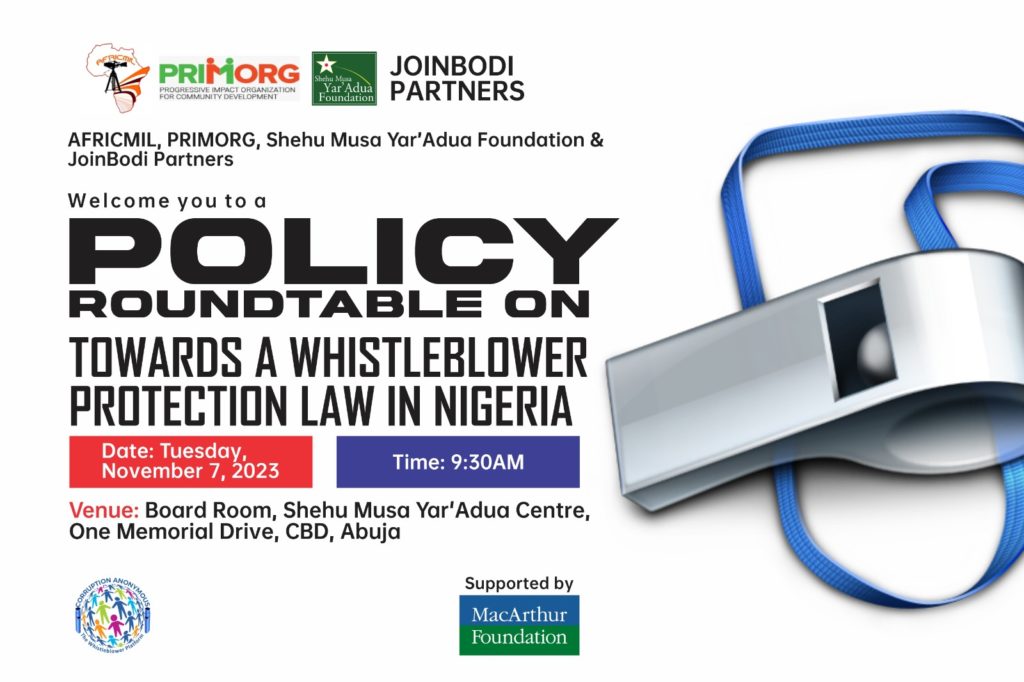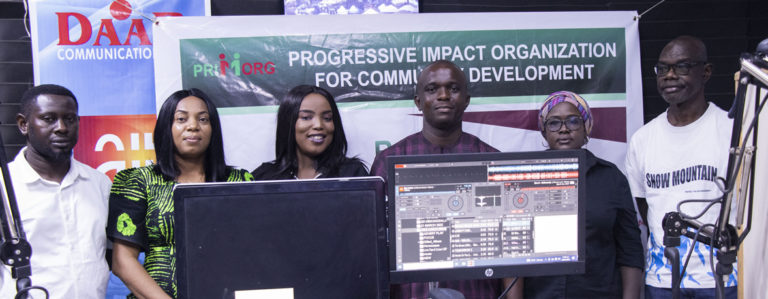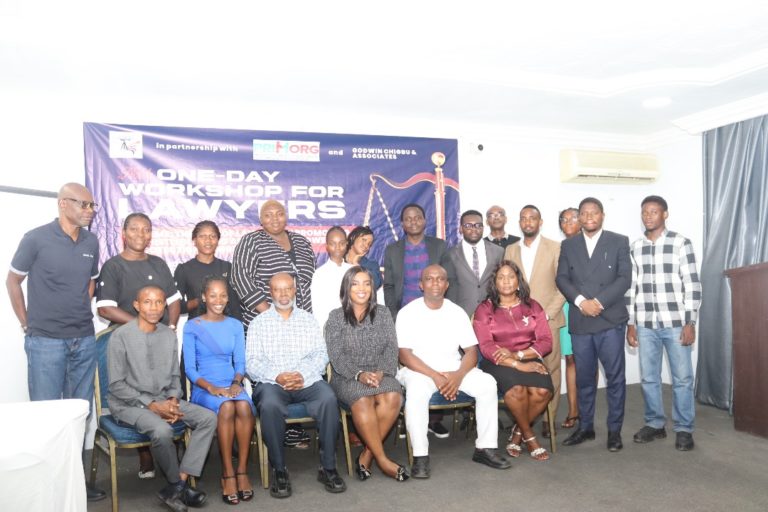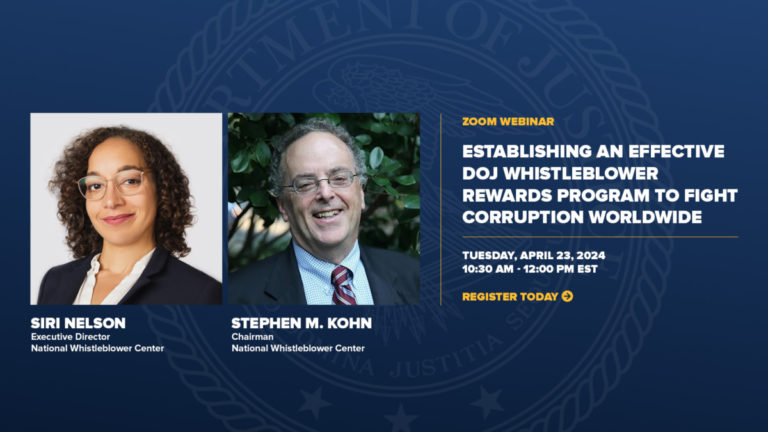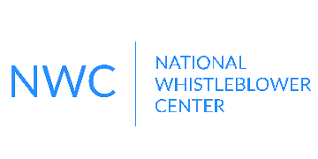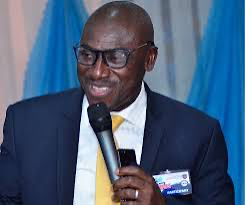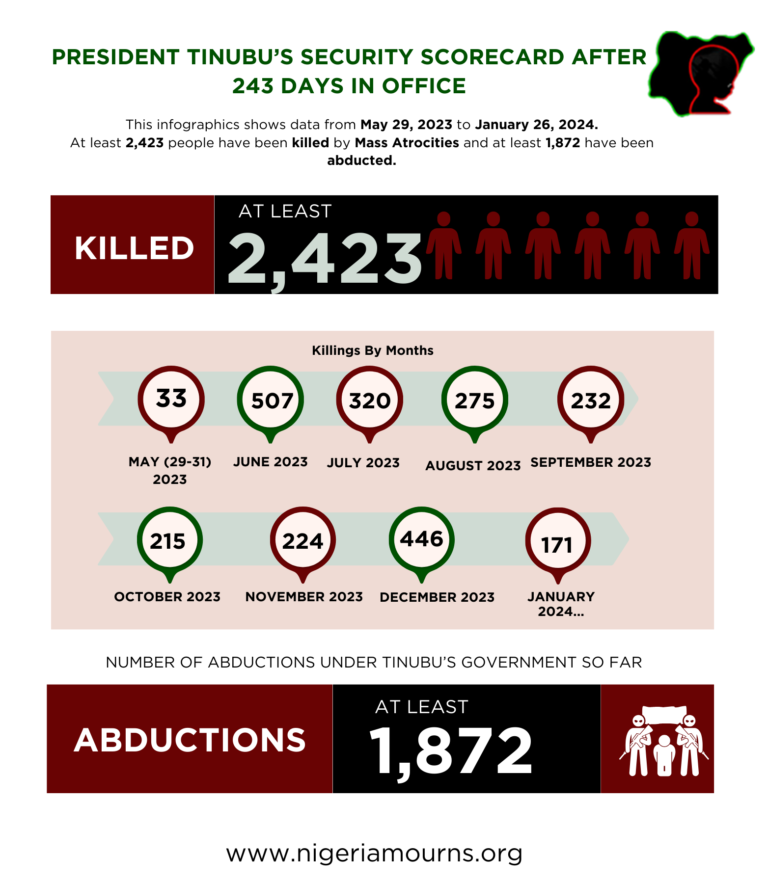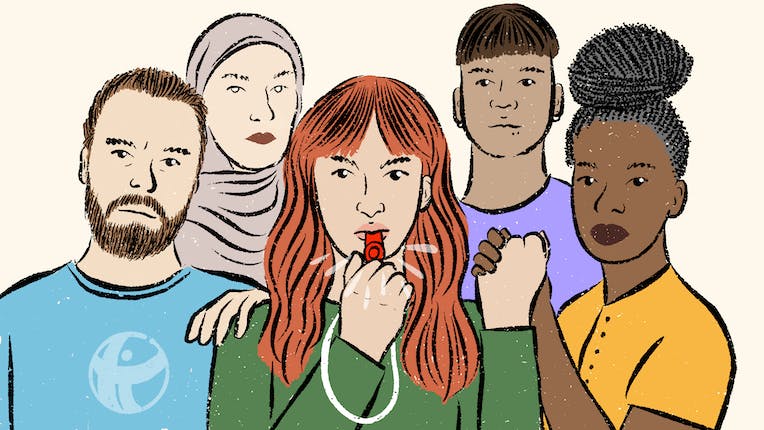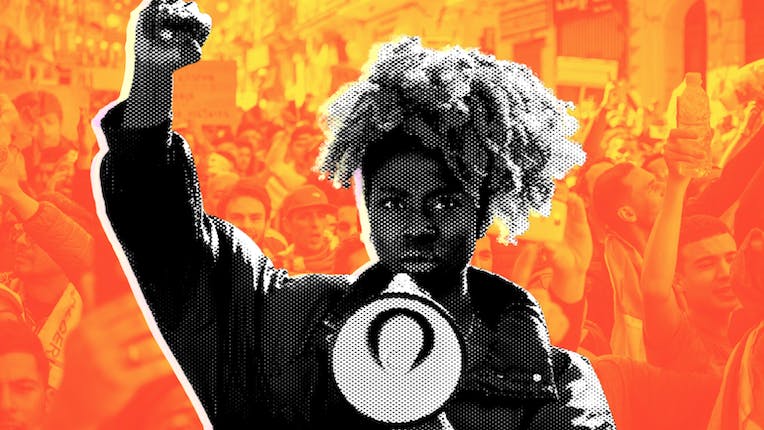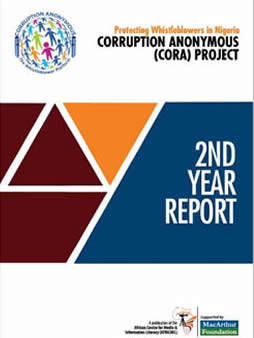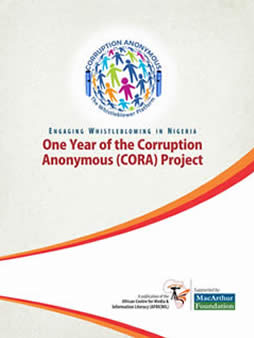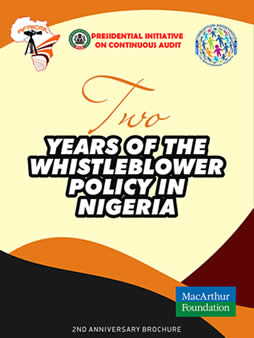In continuation of the advocacy for the passage of the whistleblower protection law in the country, a consortium of civil society partners working on good governance and accountability will hold a policy roundtable in Abuja on November 7.
The roundtable, whose theme is “Towards a Whistleblower Protection Law in Nigeria,” is put together by the African Centre for Media and Information Literacy (AFRICMIL) in collaboration with the Progressive Impact Organisation for Community Development (PRIMORG), Shehu Musa Yar’Adua Foundation (SMYF) and other grantees of the MacArthur Foundation.
According to a statement by the organizers, “This intervention aims to develop key ideas and strategies to put whistleblowing and the passage of a whistleblower protection law in Nigeria on the front burner of national conversation.”
Whistleblowers have been playing positive, legitimate and crucial roles in the prevention of and in the fight against corruption and the promotion of human rights in Nigeria and around the world.
“Over the years, they have uncovered and disclosed information on various corrupt and suspicious dealings linked to corrupt and politically exposed persons, leading to wider public debates about corruption and the need for accountability, the adoption of transparency regulations, investigations by national authorities and international bodies, and the prosecution and condemnation of some of those involved,” the statement noted.
Despite the recognition of the importance of whistleblowers in various anti-corruption treaties, including Article 33 of the United Nations Convention Against Corruption (UNCAC), which requires state parties to protect whistleblowers, most whistleblowers have continued to face retaliation for exposing corruption and other illegal practices. According to the organizers, “Some whistleblowers in Nigeria face reprisals such as dismissal, threats, physical violence or abusive legal proceedings, while others are forced into exile or even killed.”
The statement noted that Nigeria, unfortunately, is one of the countries where whistleblowers face a lack of a safe and enabling legal environment that would allow them to report wrongdoing without fear of reprisals. It attributed the situation to a lack of effective protection laws, pointing out that only 10 55 African countries have adopted specific laws to protect whistleblowers.
“This is compounded by ineffective access to information laws that would enable them and others to obtain information held by public bodies and empower them to hold powerful individuals and entities to account, as well as the lack of effective and independent judicial institutions that could provide access to justice and effective remedies for human rights violations,” it said.
The statement observed that although efforts had been made over the years to enact a whistleblower protection law, particularly since the introduction of the whistleblowing policy by the Nigerian government in December 2016, such efforts had proved unsuccessful.
It paid tribute to the efforts of civil society organizations and partners, including the media, in the last five years, which had ensured “some level of awareness about whistleblowing and willingness on the part of patriotic Nigerians to blow the whistle on corruption and other wrongdoing in the interest of the public.”
Stakeholders expected at the policy roundtable are drawn from civil society organizations, media, the National Assembly, public interest lawyers, and government institutions, including the Presidential Initiative on Continuous Audit (PICA) of the Ministry of Finance, Ministry of Justice, law enforcement and anti-corruption agencies.
Among other things, participants will take stock of the situation of whistleblowing and whistleblowers in Nigeria, the current position of the draft whistleblower protection law, and challenges and opportunities in the quest to have a whistleblower protection law in Nigeria.

